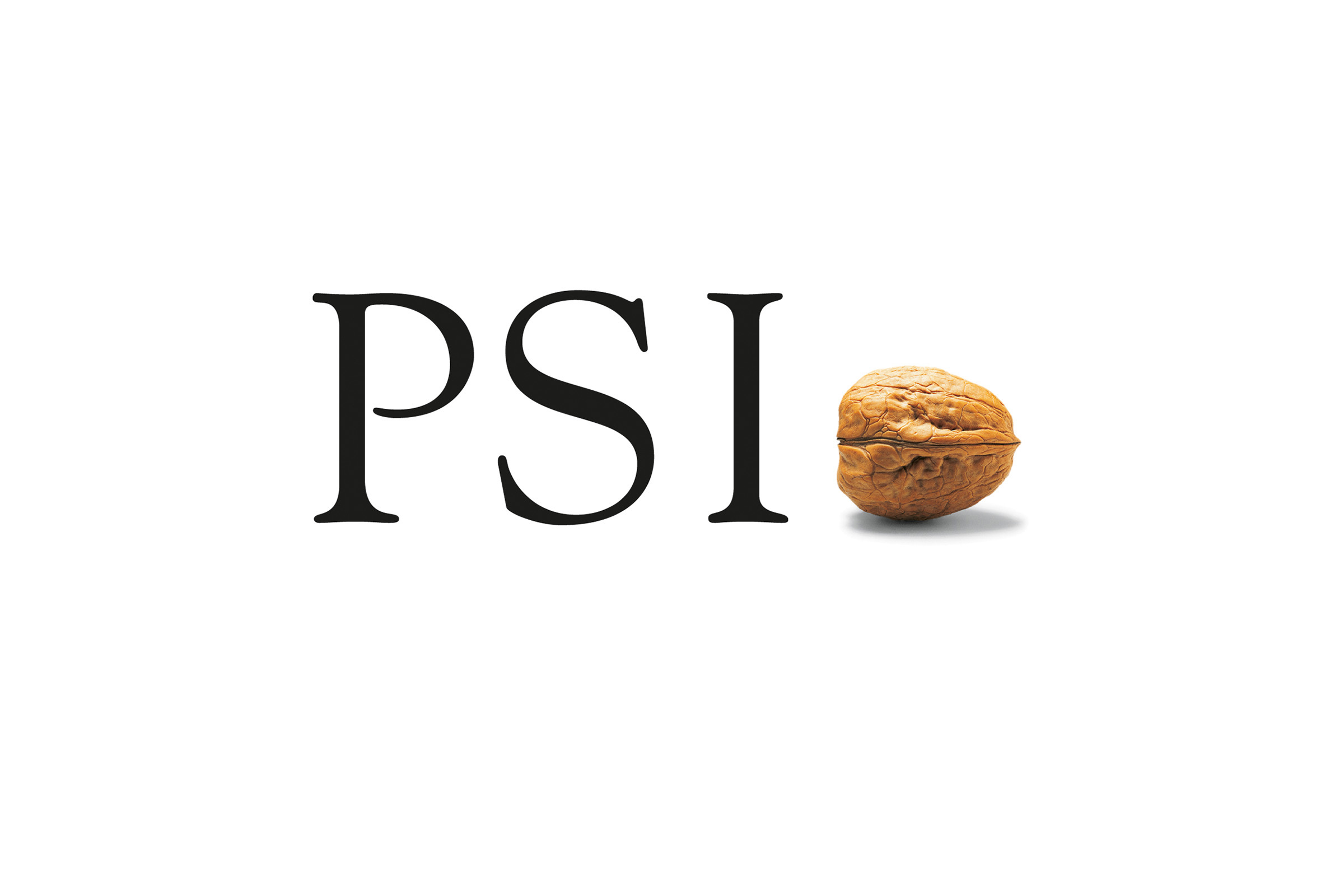Berlin, April 28, 2020 – Despite the emerging Corona crisis, the PSI Group, with 96 million euros in the first quarter of 2020 (March 31, 2019: 97 million euros), almost reached the record new orders of the same quarter of the previous year. The order book volume on March 31, 2020 was, at 187 million euros, 2% above the previous year's value (March 31, 2019: 184 million euros). Group sales of 50.9 million euros were also almost on a par with the previous year's figure (March 31, 2019: 52.0 million euros), although this year's sales are more strongly influenced by the energy sector. The operating result (EBIT) of 2.5 million euros was around 17% below the previous year's figure and thus in line with the forecast (March 31, 2019: 3.0 million euros). The steel crisis in Europe, Corona in China and a restructuring in Malaysia had a negative impact. The Corona crisis led to lower productive hours in March. Group net income fell to 1.5 million euros as of March 31 due to significant currency fluctuations (March 31, 2019: 2.0 million euros).
- Previous year's sales almost reached
- EBIT, at minus 16.7% to 2.5 million euros, within forecast
- Operating cash flow improves by 43% to 8.6 million euros
| Performance indicators (KEUR) | Jan. 1 – March 31, 2020 | Jan. 1 – March 31, 2019 | Change |
|---|---|---|---|
| Sales | 50,888 | 51,993 | -2.1 % |
| EBIT | 2,459 | 2,952 | -16.7 % |
| Group net result | 1,512 | 1,999 | -24.4 % |
| Earnings per share (EUR) | 0.10 | 0.13 | -23.1 % |
Energy Management (energy grids, energy trading, public transportation) achieved 14% higher sales of 28.8 million euros in the first quarter (March 31, 2019: 25.3 million euros) and a roughly constant operating result of 1.2 million euros (March 31, 2019: 1.1 million euros). The BTC Smart Grid division acquired in the previous year made a positive contribution to sales and earnings. Major orders from Russia in the areas of high-pressure gas grids and extra-high-voltage grids are noteworthy. The subsidiary PSI Incontrol in Malaysia restructured the hardware business and encumbered with 0.6 million euros.
Sales in Production Management (metals, industry, logistics) in the first three months of the year amounted to EUR 22.1 million, down about 17% from the previous year (March 31, 2019: EUR 26.7 million). The segment's EBIT fell by 23% to 1.5 million euros (March 31, 2019: 1.9 million euros). The metals production business continued to suffer from the CO2 price-related steel crisis in Europe. The processing of major projects in China suffered from reduced working hours (reduction of holidays etc.) during the Corona crisis. In the USA, PSI received a major contract from a US steel producer. The weaker sales and earnings with production and logistics in Germany was offset by major contracts in Poland from the gas industry and e-commerce logistics.
PSI had already equipped all 2,000 employees with notebooks and remote access for home office work in the run-up to the Corona crisis, with the exception of the 70 employees of the hardware integration in Malaysia. Sales presentations, contract negotiations, project meetings and acceptance tests were also conducted via video conferencing with over 95% of the customers. Overall, home office efficiency is 75 to 85%, saving travel time and travel expenses. In addition, further savings were achieved through controlled reduction of vacation days, reduction of working hours and overtime. The Group's headcount was reduced by a hiring freeze in the first months, but increased year-on-year to 2,005 (March 31, 2019: 1,931) due to new hires and the acquisition of the smart grid business of BTC in Poland as of May 31, 2019. At 8.6 million, cash flow from operating activities was 43% higher than in the same quarter of the previous year (March 31, 2019: 6.0 million euros). The cash and cash equivalents of 42.7 million euros (March 31, 2019: 45.0 million euros) will be used for the proposed dividend payment and for sales financing in the seasonal course.
PSI will participate in the climate protection program of the German federal government (energy shift, heating shift, transportation shift) and the Green Deal in the European Union. PSI software contributes significantly to the integration of renewable energy into the electricity networks. The gas network will become the sole failure guarantor and will be expanded in the future to include green gases and a hydrogen network.
Before the Corona crisis, PSI aimed for a continuation of growth in 2020 and a further increase in the EBIT by 10%. In a scenario forecasting this year as a normal operating mode under Corona conditions for industrial and energy network companies, PSI management expects only a slight decrease in sales by 5% and a 20% lower EBIT due to the high order book volume which could be maintained in the first quarter. The second quarter will be more strongly affected by Corona, in the third and fourth quarters a revival should begin in order to achieve the annual goals. A catastrophically low oil price throughout the year could lead to delays in the award of contracts in Russian gas network projects, in pipe steel projects and in energy trading software that exceed the previous forecast.
Based on its own software products, PSI Group develops and integrates complete solutions for optimizing the flow of energy and materials for utilities (energy networks, energy trading, public transport) and industry (mining, metals production, automotive, mechanical engineering, logistics). PSI was founded in 1969 and employs 2,000 persons worldwide.

